AI Summary
Key Highlights of AI-Generated Content Ethics and Practices
This post explores ethical considerations and best practices in Artificial Intelligence-Generated Content (AIGC), aiming to educate businesses and content creators. The key insight: AIGC, like a finely crafted tool, requires transparency and responsibility to maximize benefits while mitigating risks. It covers AIGC’s development, types, and applications alongside critical ethical issues like authorship, privacy, and transparency. It advocates best practices ensuring accuracy, reliability, and user trust. Supported by analogies and ongoing research, the post prompts organizations to adopt ethical frameworks and prepare for AIGC’s evolving role, enabling safer, more effective AI content integration.
Forging Words: Where AI Algorithms are the Blacksmiths of Textual Steel.
Creating AI-generated content is like forging a sword in the fire of innovation. Just as a skilled blacksmith meticulously crafts each component of a blade, programmers, and engineers precisely design and fine-tune the algorithms that power AI. The raw data and training materials are like the unrefined ore, full of potential but lacking structure.
AI models go through innumerable iterations and modifications, just like the blacksmith shapes, and refine the metal by hammering and folding it. The colossal computing power needed to train these models, progressively shaping them into more precise and smarter instruments, is analogous to the heat of the forge.
Link up for unparalleled services through strategic partnerships with predominant AI consulting service company and content marketing service company.
The process of testing and validating material produced by AI is analogous to the process of tempering a sword. Just as a sword is quenched and cooled to strengthen its structure, AI models undergo rigorous testing to ensure accuracy, coherence, and relevance. This procedure improves the AI’s ability to provide insightful and well-organized results.
The final polish of the sword draws parallels to fine-tuning the AI model. Just as the sword’s blade is scrupulously sharpened and burnished to perfection, AI models are fine-tuned to improve their output quality and to align with specific requirements, whether that’s generating text, images, or other forms of content.
- Ultimately, both the sword and AI-generated content are products of human acuity, shaped valuable instruments. AI-generated content becomes a valuable tool for assisting, informing, and entertaining users across various domains.
AI-generated content is not a replacement for human creativity, but a collaborator that amplifies our capacity to imagine, communicate, and innovate. AI-generated content is a catalyst for human imagination, empowering us to explore the digital cosmos, inspire innovation, and enrich human interaction in the era of boundless data.
Our intelligence is what makes us human, and AI is an extension of that quality.
-Unknown
Table of Contents:
- Artificial Intelligence-Generated Content and Its Types
- Ethical Considerations Of AIGC
- Best Practices Of AIGC
- Future Developments
AIGC’s Profound Influence: Propelling AI-Powered Content Generation and Its Future Significance
Artificial Intelligence-Generated Content and Its Types:
Artificial Intelligence Generated Content (AIGC) is an advanced content creation method that complements traditional content creation approaches like Professional Generated Content (PGC) and User Generated Content (UGC). The concept of AIGC has been quite prevalent for a while. Artificial Intelligence-Generated Content AIGC is created by Artificial Intelligence (AI) algorithms that restructure any form of digital content (text, images, sound, and video) in a short period.
The purpose of AIGC is to make the content creation process well-organized and accessible. According to AI technology, AIGC generates content that meets the user’s requirements. The quality of AIGC content at present is significantly better than the previous one.
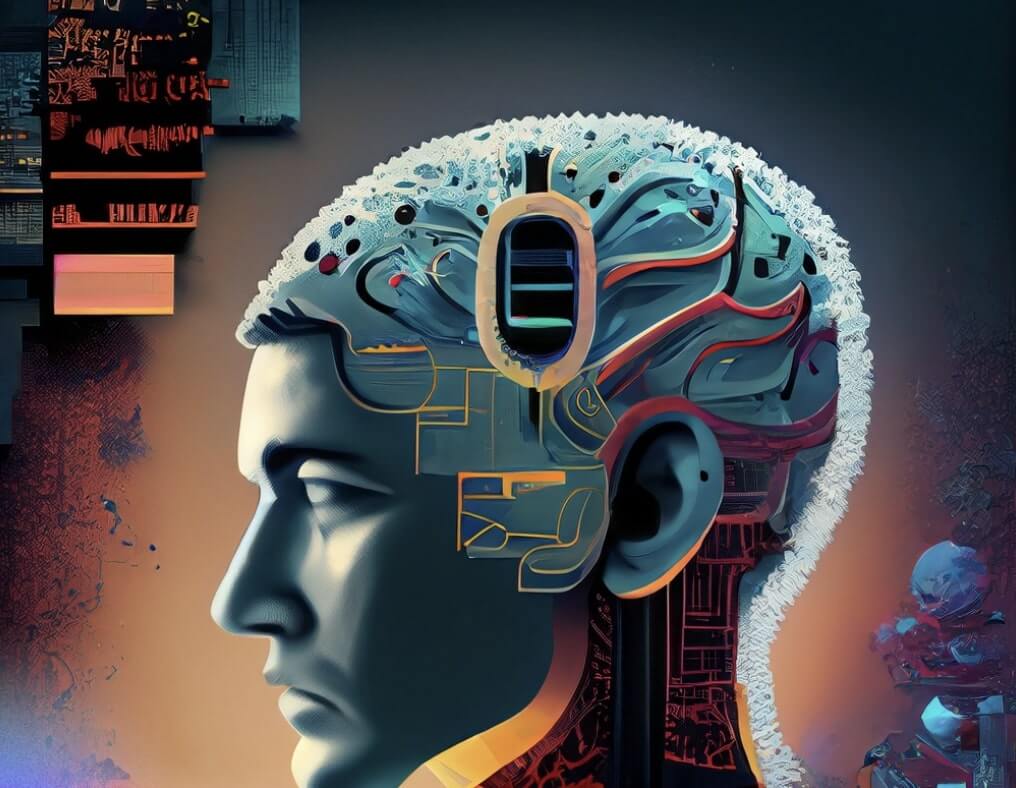
AIGC utilizes AI in overriding manual content generation by prompting content based on user-inputted keywords or requirements. The burgeoning of large model algorithms has substantially enhanced AIGC’s capabilities, making AIGC products a potential generative tool that adds convenience to our lives. As an upstream technology, AIGC has limitless potential to enable various downstream applications.
Analyzing AIGC’s current capabilities and fallibilities to understand how it can be best utilized in forthcoming applications is very crucial. In particular, the challenges and future directions of AIGC can be helpful for developing AI. Relevant technologies of AIGC will amplify the development of artificial intelligence, better serve human society, and achieve sustainable development.
Did You Know?
By 2026, as many as 97 million people will work in the AI space.
In recent years, large-scale models have become a vital factor in AIGC as they render better intent extraction and, thus, improved generation results. AIGC models have substantially changed how we generate content. These models make it doable to produce high-quality content based on input data and user-defined parameters in a variety of formats, including realistic photos, videos, and coherent text.
There are various types of AI-generated content including
- Natural language processing (NLP)
- Image recognition algorithms
- Voice recognition systems
- Machine learning models
NLP uses algorithms to understand human language in order to prompt written responses or provide automated customer service support; image recognition algorithms use computer vision technology to identify objects in photos; voice recognition systems convert spoken words into text; and machine learning models utilize data sets to learn patterns in order to make predictions about future outcomes.
Since its inception, Artificial Intelligence Generated Content (AIGC) has received considerable interest far beyond its technical assistance, with people across the globe interested in the different content production tools such as

Chatgpt

Jasper

Boost.ai

Synthesia
AIGC can also create 3D models used in industries such as architecture, gaming, and product design. When compared to more conventional techniques of making 3D models, these models are explicit and streamlined. AIGC 3D models can also be used in virtual reality (VR) experiences, providing an integrative experience for the user. One of the extensive AIGC models created by OpenAI for text generation is GPT-3.
Also Read
Ethical Considerations Of AIGC:
The pre-eminent ethical concern revolves around transparency. When AI generates content, it might be challenging for consumers to perceive whether a human or machine authored it. Businesses should be outspoken about the inclusion of AI in content creation, affirming consumers can make informed decisions based on authenticity.
Ethical contemplations surrounding Artificial Intelligence Generated Content (AIGC) are a great deal important, as the technology has the potential to impact numerous aspects of society like copyright infringement and data privacy.
Here are a few ethical considerations that can be contemplated,
Ethics and trust
AIGC often lacks intended tone and personality due to data and algorithm reliance, necessitating human evaluation and curation for authoritative and educational
Inadequate Empathy
AIGC, despite being cost-effective and efficient, may lack the emotional, creative, and personalized touch of humans, as it lacks the ability to fully understand the primary meaning or context of the content.
Missing Creativeness
AI tools can generate original content but may not always align with audience needs due to their reliance on existing data and analysis of engaging content.
Economic Impact
AIGC could impact employment opportunities, particularly in creative fields, raising ethical concerns about job loss and ensuring AI systems serve society as a whole.
Negative Effects On Education
AIGC’s use can lead to students’ overreliance on technology, hindering critical thinking and problem-solving skills, and potentially hindering their ability to enhance analytical abilities.
Authenticity
AIGC systems can create counterfeit or misleading information, jeopardizing information sources’ credibility, and preventing malicious AI use to generate misleading content is an ethical concern.
Moreover, privacy considerations arise when AI generates personalized content. Companies should safeguard user data and ensure that AI-generated content doesn’t divulge sensitive information without consent.
Best Practices Of AIGC:
Best practices include technical, ethical, and practical considerations to verify the effective and responsible use of AIGC.
Here are a few best practices,
Transparency
AI-generated content should be transparent, trust-building, and avoid distortion to ensure users understand its origin and nature, enabling informed judgments about its reliability and authenticity.
Consent and Privacy
Consent and privacy are crucial principles in AI-generated content, ensuring ethical use, respecting individual rights, and enhancing user experience through clear data usage information and consent.
Quality Control Measures
Quality control in AIGC enhances content creation by ensuring enjoyable, fact-checked, novel, and high-quality AI content, making it an indispensable tool in the digital landscape.
Innovation
AI-generated content innovation allows for the exploration of novel ideas, styles, and concepts, challenging traditional artistic boundaries and pushing the boundaries of creativity.
Avoid Plagiarism
Plagiarized AI-generated content undermines trust in AI systems and their content. Addressing plagiarism requires attribution mechanisms, user education, ethical guidelines, and industry standards.
Monitor Performance
AIGC’s performance is evaluated through metrics like shares, engagement, and conversions, enabling the evaluation of content effectiveness and necessary improvements.
Future Developments:
Researchers are persistently working on upgrading AIGC models’ accuracy, reliability, and safety. AIGC is expected to play a significant role in emerging technologies such as the metaverse, which can be used to create realistic avatars, environments, and objects.
Authorship, ownership, and originality are nonetheless issues raised by AIGC. Many AIGC models are aware of these issues and make sure that their products are created with transparency and justice in mind. Despite its potential lucrativeness, AIGC development must make sure that it is advantageous to all parties. The future of AIGC is startling, propitious, and one that needs prudent attention to ensure its impact is positive.
Also Read
Wrapping Up:
Artificial intelligence-generated content has the potential to revolutionize many aspects of content generation and distribution, but it also raises significant ethical questions that need to be addressed. AI-generated content has great potential to simplify content creation processes and provide personalized experiences. But to make the most of this potential, businesses and organizations need to focus on ethical considerations, transparency, and the well-being of their users. By following ethical principles and best practices, businesses and organizations can make the most of AI-generated content while adhering to high standards of integrity and accountability.
If you are seeking professional AI consulting and integration services, you can reach out to ColorWhistle for expert assistance. Feel free to send us a message or give us a call at +1 (919) 234-5140, and we will promptly respond to your inquiry. We specialize in providing services customized to meet your unique business needs, ensuring seamless integration of AI solutions into your operations.
In addition to AI consulting and integration, we are also proficient in website development services and web design services. Whether you require AI solutions, website development, or web design, you can rely on us to help establish a robust online presence for your business.
Browse through our ColorWhistle page for more related content and to learn about our services.
What’s Next?
Now that you’ve had the chance to explore our blog, it’s time to take the next step and see what opportunities await!

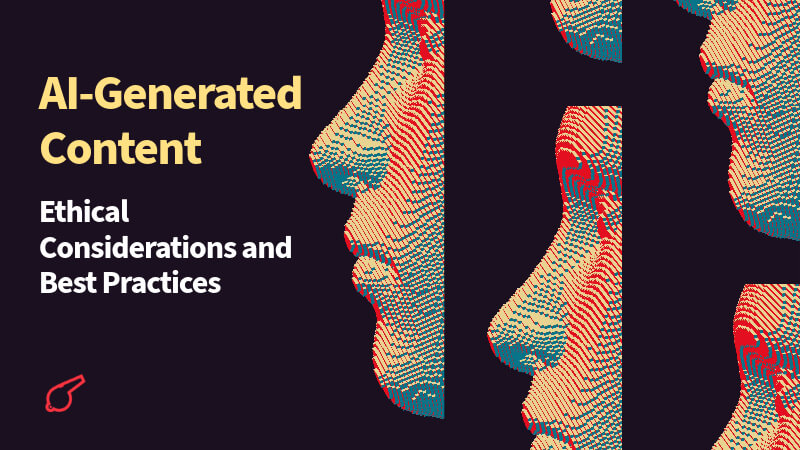
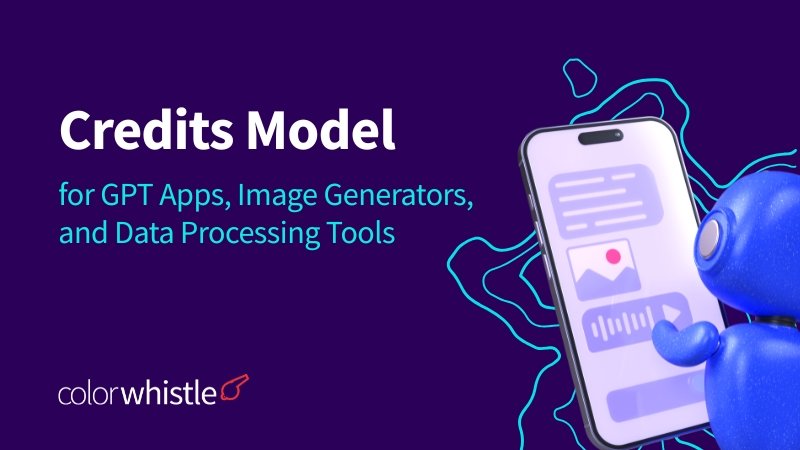
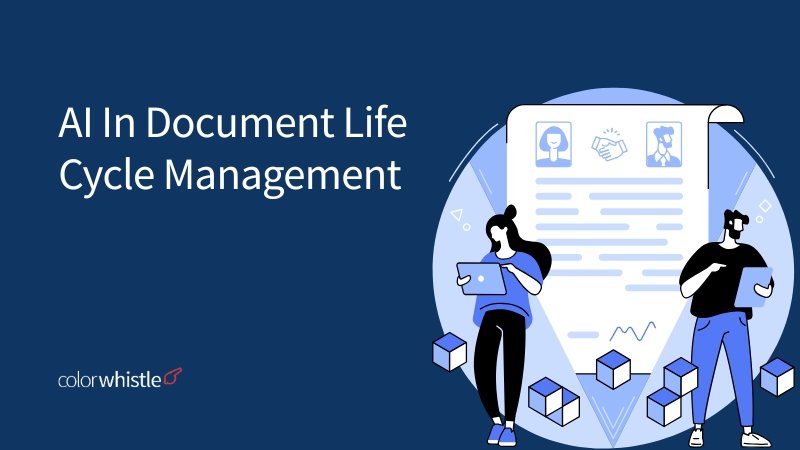
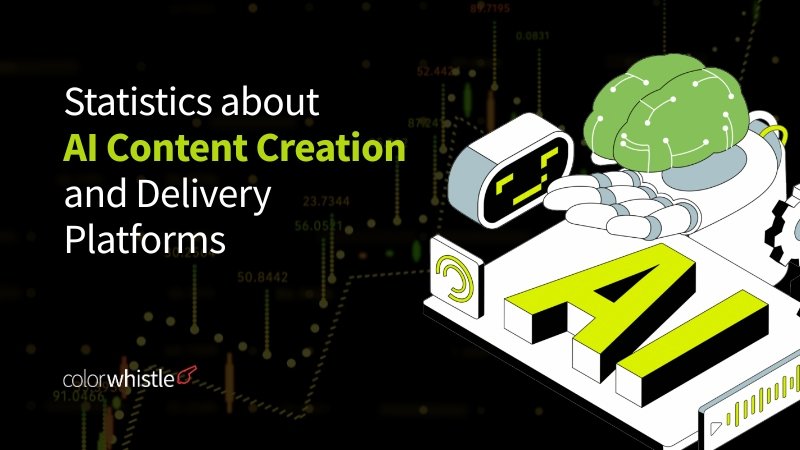

Looking for a top-rated web design agency seattle A strong website is key to improving brand credibility and customer engagement!